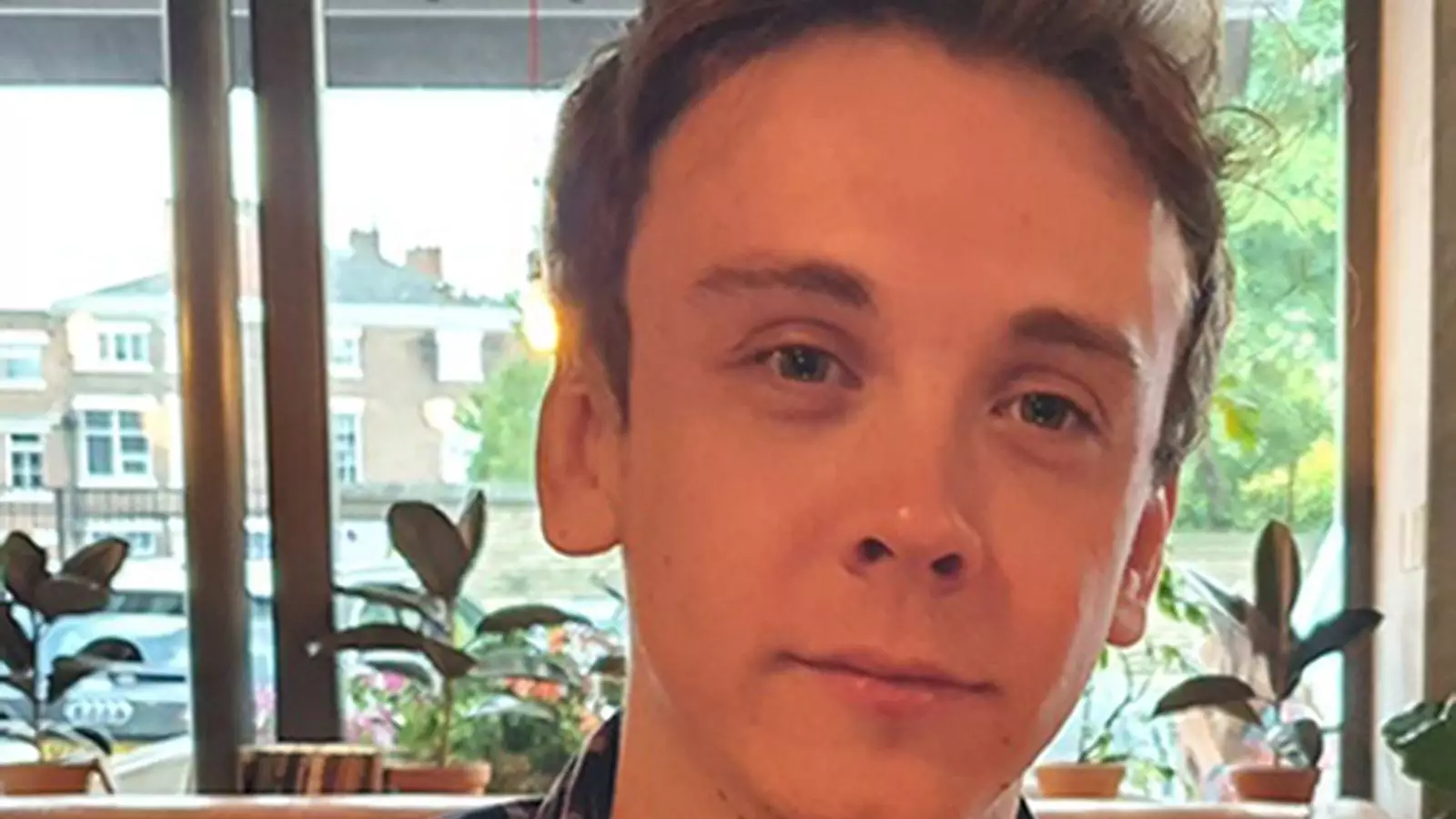In a society that values public safety and the well-being of its citizens, the recent tragedies caused by individuals with untreated mental health issues underscore a grave inadequacy in our healthcare systems. The story of Michael Callaghan, who was left with permanent disabilities following a brutal attack in Birmingham, serves as a heartbreaking reminder of the systemic failures that repeatedly allow known dangerous individuals to walk free. The loss of his friend Jacob Billington, who was killed in the same incident, adds a poignant layer to this narrative, illustrating the profound impact of mental health neglect not just on victims but on entire communities.
The connection between Callaghan’s experience and the recent attack in Nottingham, which claimed the lives of Barnaby Webber, Grace O’Malley Kumar, and Ian Coates, casts a long shadow over the mental health care system. Both attackers exhibited dangerous behaviors associated with severe mental conditions, yet they remained unchecked, leading to horrific outcomes. This pattern raises an urgent question: how many more tragedies must occur before lessons are genuinely learned and applied?
Four years after his life-altering incident, Callaghan’s ongoing struggle with adaptive living—navigating a world with a paralyzed arm—paints a vivid picture of the long-lasting effects of violence. The physical trauma he endured is testimony to the brutality of the attack, yet it is overshadowed by the emotional and psychological scars left by the absence of his close friend Jacob. In interviews, Callaghan poignantly reflects on how his life has irrevocably changed, emphasizing that while he copes with his disability, the impact of losing Jacob resonates far deeper.
This duality—grappling with physical limitations while mourning a loved one—illustrates the broader implications of systemic failure. The tragic loss of life coupled with the perpetual suffering of survivors brings to light the urgent need for reforms in mental health oversight. Such reforms would not only seek to protect society from dangerous individuals but also ensure that those in crisis receive the appropriate support and intervention.
As Callaghan has pointed out, the reports identifying failures in the management of the Nottingham attacker, Valdo Calocane, echo those of cases like Zephaniah McLeod, the man behind the Birmingham attack. The alarming consistency of these failures not only highlights a lack of accountability among professionals but also reflects an institutional inertia that dismisses these events as mere accidents.
Callaghan’s frustration is palpable as he questions how such grave oversights can continue undetected. His call for accountability sheds light on a troubling trend where decision-makers evade scrutiny. The inability to hold anyone responsible for allowing known threats to remain free and unmedicated creates a culture of negligence that places the public at risk.
In the wake of these tragedies, Jacob Billington’s mother, who has tirelessly campaigned for change, advocates for a thorough public inquiry into the systemic failures within mental health management. She believes that without an examination of these practices, future tragedies are not just possible but inevitable. This sentiment is echoed by many in the community who recognize the dangerous cycle of violence perpetuated by inadequate mental health interventions.
The reality remains that, on average, over 100 individuals are killed each year in the UK by those suffering from mental illness. This statistic demands urgent action and comprehensive reform within mental health services to address not just the symptoms but the underlying issues contributing to violence.
We must confront the uncomfortable truths about mental health care in society if we hope to prevent future tragedies. The stories of individuals like Michael Callaghan and the families of those lost in these senseless attacks should serve as a clarion call for systemic change. Continued inaction will only perpetuate a cycle of tragedy, suffering, and loss. It is time to ensure that the mental health system is equipped not only to treat but also to protect society from the dangers posed by untreated mental illness. Change is imperative—not just for the sake of those who have suffered but for the generations to come.


Leave a Reply